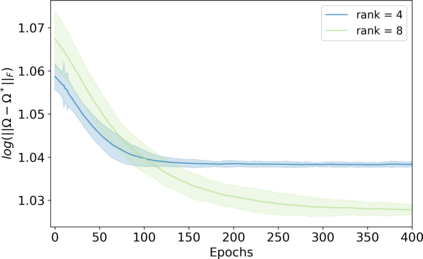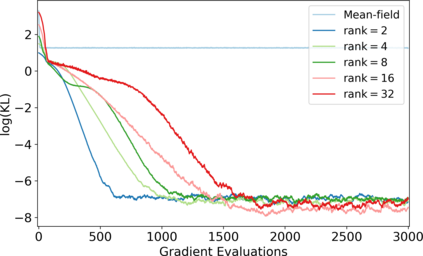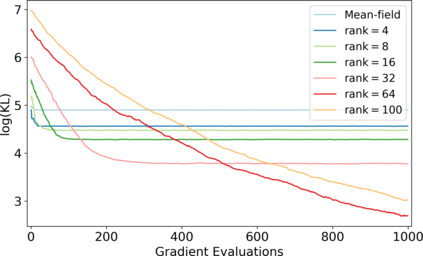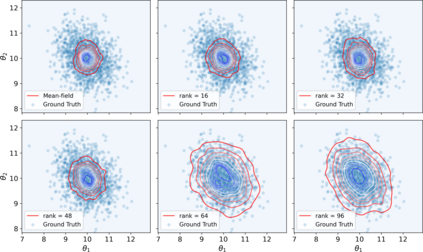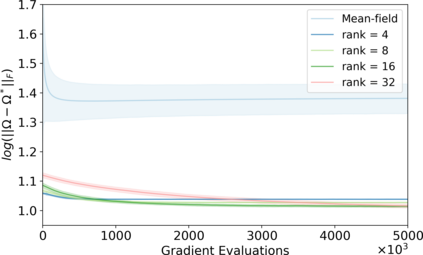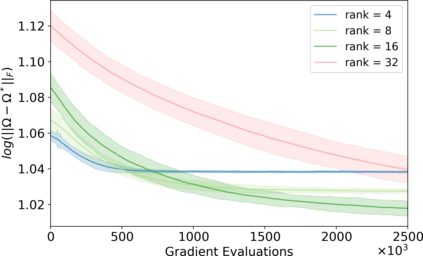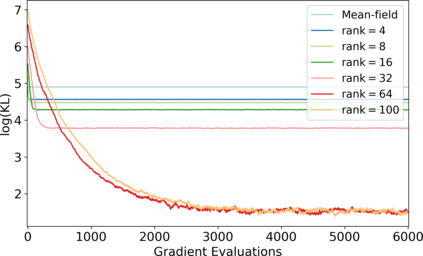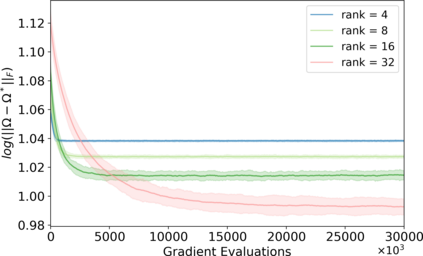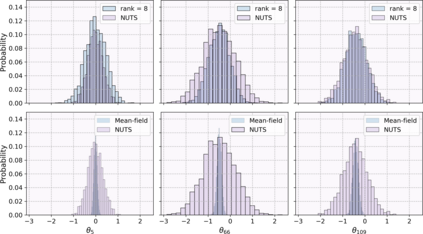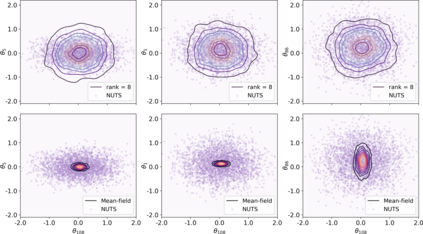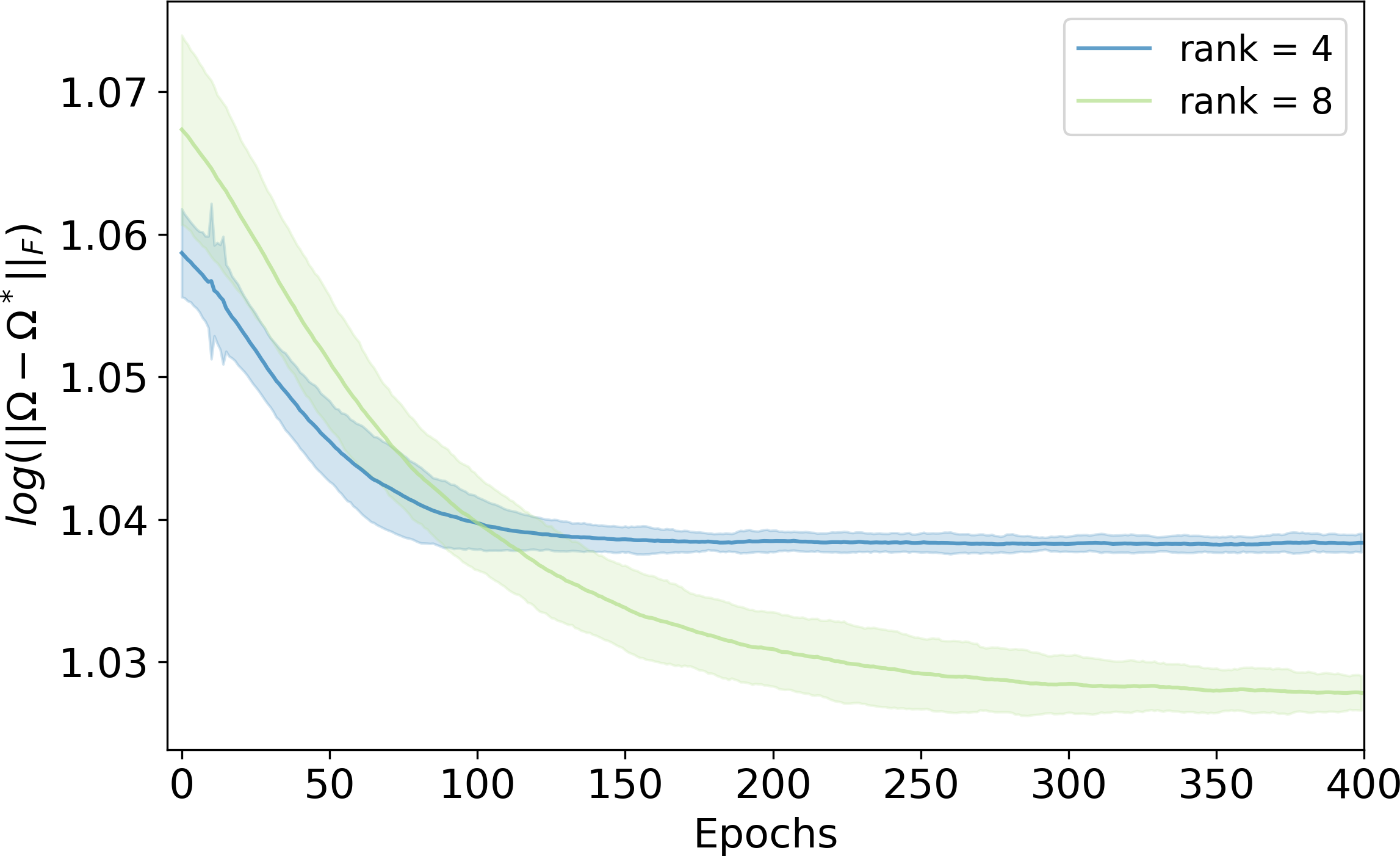Variational inference has recently emerged as a popular alternative to the classical Markov chain Monte Carlo (MCMC) in large-scale Bayesian inference. The core idea of variational inference is to trade statistical accuracy for computational efficiency. It aims to approximate the posterior, reducing computation costs but potentially compromising its statistical accuracy. In this work, we study this statistical and computational trade-off in variational inference via a case study in inferential model selection. Focusing on Gaussian inferential models (a.k.a. variational approximating families) with diagonal plus low-rank precision matrices, we initiate a theoretical study of the trade-offs in two aspects, Bayesian posterior inference error and frequentist uncertainty quantification error. From the Bayesian posterior inference perspective, we characterize the error of the variational posterior relative to the exact posterior. We prove that, given a fixed computation budget, a lower-rank inferential model produces variational posteriors with a higher statistical approximation error, but a lower computational error; it reduces variances in stochastic optimization and, in turn, accelerates convergence. From the frequentist uncertainty quantification perspective, we consider the precision matrix of the variational posterior as an uncertainty estimate. We find that, relative to the true asymptotic precision, the variational approximation suffers from an additional statistical error originating from the sampling uncertainty of the data. Moreover, this statistical error becomes the dominant factor as the computation budget increases. As a consequence, for small datasets, the inferential model need not be full-rank to achieve optimal estimation error. We finally demonstrate these statistical and computational trade-offs inference across empirical studies, corroborating the theoretical findings.
翻译:最近出现了变化推论,这是古典马可夫连锁Monte Carlo (MCMCC) 大规模巴耶斯语推论中流行的替代标准。 变差推论的核心理念是将统计精确度用于计算效率。 它旨在近似后方,降低计算成本,但有可能损害其统计准确性。 在这项工作中,我们通过对推论模型选择的案例研究,来研究这一在变差推论中的差异推论中的统计和计算权衡取舍的偏差。 以古典马可夫连锁 Monte Carlo (MC MCC) 模型(a.k.a. 变差相对应家庭)为主。 变差推论的核心理念是, 以对差价差价的差价和低位精确度矩阵进行理论研究。 我们通过精确的计算预算, 更低的变差率模型产生变差的变差, 以更低的统计精确度为更替的统计精确性, 将数据推算推算推算为最精确性推算结果。

